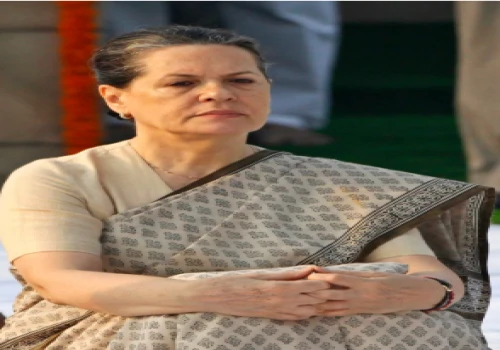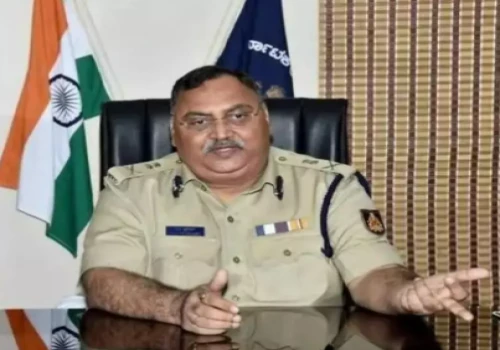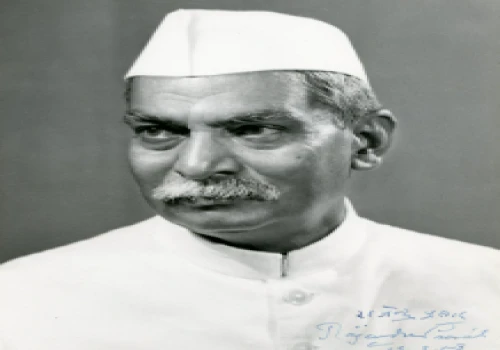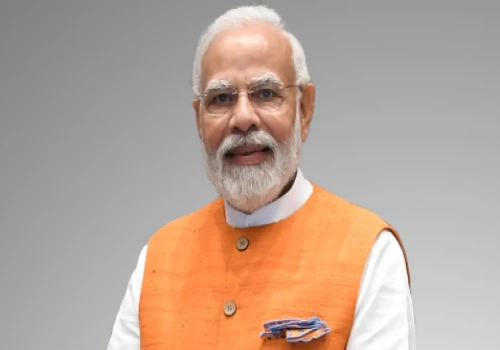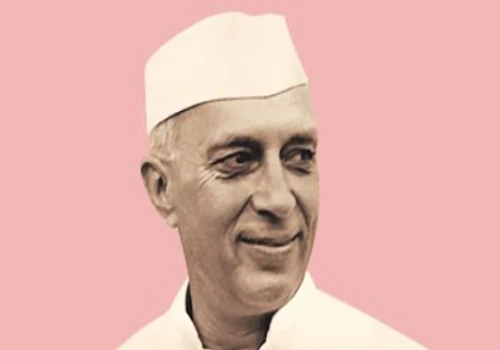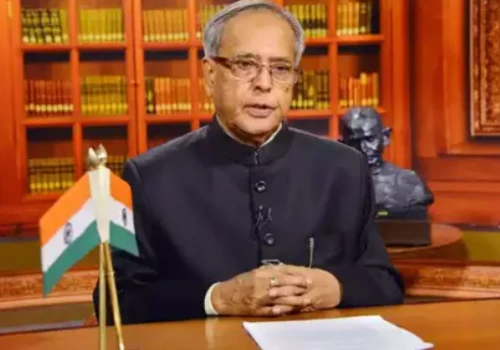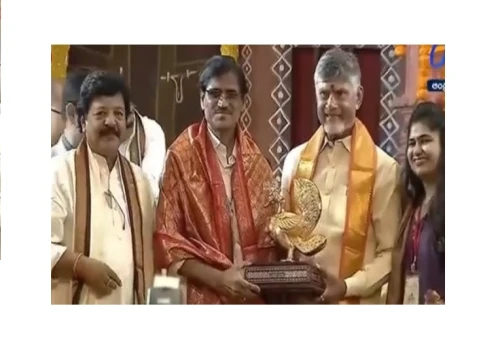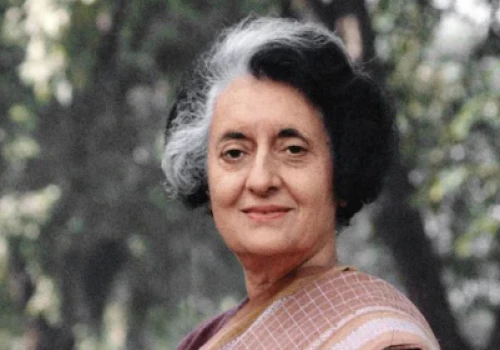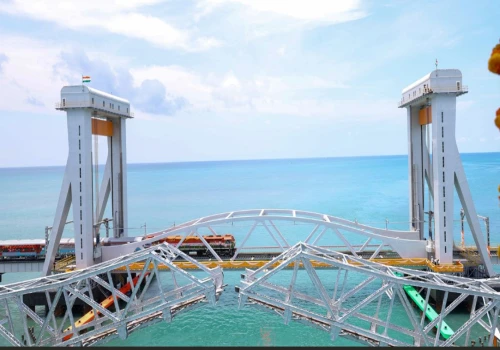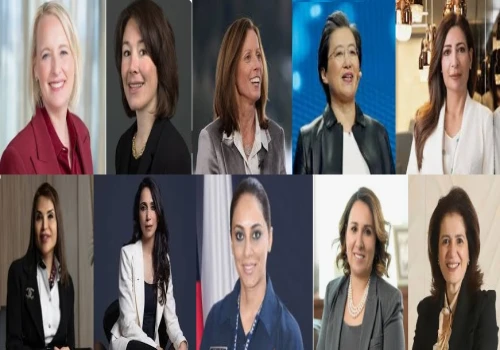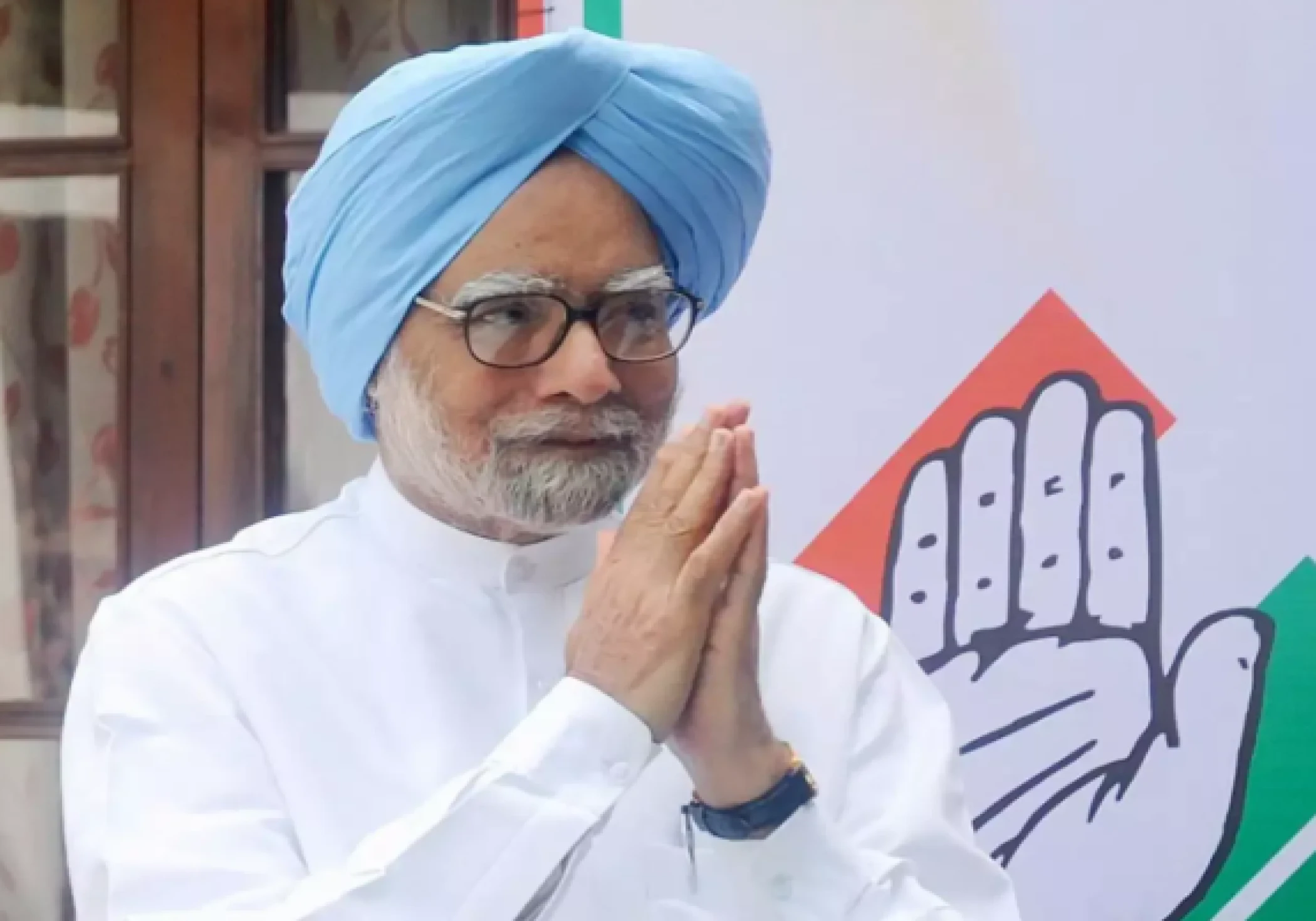
Dr. Manmohan Singh, India's 13th Prime Minister, is widely respected as the father of India's economic liberalisation. A renowned economist and a technocrat who became a statesman, Singh's life is a living testimony to the strength of intellect, integrity, and service to the country.
Early Life and Education
Born on 26 September 1932 in Gah, now in Pakistan, Manmohan Singh spent his early life amidst the turbulence of partition. He moved to India and received his education from Panjab University. An exemplary student, he graduated with a First-Class Honours degree in Economics and proceeded to study at the University of Cambridge later on. He pursued his doctoral work at the University of Oxford on India's export performance.
Early Career
The early professional life of Singh was based on academia and economic policy-making. He served in institutions such as the United Nations and taught at top Indian universities. His move toward public policy began with jobs at the Reserve Bank of India and the Planning Commission. These jobs formed the basis of his giant strides toward making a better economy for India.
Political Career
Minister of Finance (1991–1996)
Dr. Singh's most revolutionary assignment was in 1991 when India was hit by a serious economic crisis. Made Finance Minister in P.V. Narasimha Rao's government, Singh brought in far-reaching economic reforms—opening up trade, cutting import tariffs, abolishing the Licence Raj, and inviting foreign investments. His now-famous words, "No power on Earth can stop an idea whose time has come," expressed the urgency and irresistibility of change. This phase is widely attributed to putting India on a trajectory of high economic growth.
Leader of the Opposition in Rajya Sabha (1998–2004)
Following the loss of power by the Congress party, Singh continued to make contributions through Parliament as the Leader of the Opposition in the Rajya Sabha. Although reserved in nature, he was still a prominent voice in economic policy discussions.
Prime Minister of India (2004–2014)
First Term (2004–2009)
Surprisingly, Sonia Gandhi refused the Prime Ministership in 2004, and Singh was unanimously selected to head the United Progressive Alliance (UPA) government. His first tenure was dedicated to inclusive growth. The key bills during this period were the Right to Information Act (2005), the National Rural Employment Guarantee Act (NREGA), and rural infrastructure development.
Economic Policy and Social Development
Under Singh's tenure, India witnessed rapid GDP growth rates. Economic stability, education, and healthcare were prioritized by him. Important projects such as the National Rural Health Mission and universalizing elementary education were initiated.
Foreign Policy and Nuclear Deal
One of Singh's biggest diplomatic successes was the Indo-US Civil Nuclear Agreement (2008), which saw India join the global nuclear family. In spite of opposition from politicians, Singh's determination saw it pass through, withstanding even a confidence vote of parliament.
Second Term (2009–2014)
While the second term started with a new mandate, it was tainted by corruption scandals such as the 2G spectrum and Commonwealth Games fiascos. Although Singh had a clean image, critics accused him of his perceived silence and lack of political determination.
Post-Premiership (2014–2024)
Following his resignation in 2014, Singh remained a member of the Rajya Sabha. He was actively engaged in public debate, frequently offering reflective observations on economic and social matters, and published his memoirs chronicling his term.
Personal Life and Legacy
He married Gursharan Kaur and was renowned for being humble, simple, and studious in his nature. Multilingual by choice and also being a committed Sikh, Singh was hailed as soft-spoken yet firm ruler.
Awards and Honours
Dr. Singh has received many national as well as international honors. Among these are the Padma Vibhushan (1987), the Jawaharlal Nehru Birth Centenary Award, and honorary doctorates from universities such as Oxford and Cambridge. His economic vision was very internationally acclaimed, and he has also received accolades from the IMF and World Bank.
Legacy
Frequently regarded as the "father of Indian reforms," Dr. Manmohan Singh's legacy is that of revolutionary change, integrity in politics, and commitment to nation-building through fiscal austerity and policy acumen.


